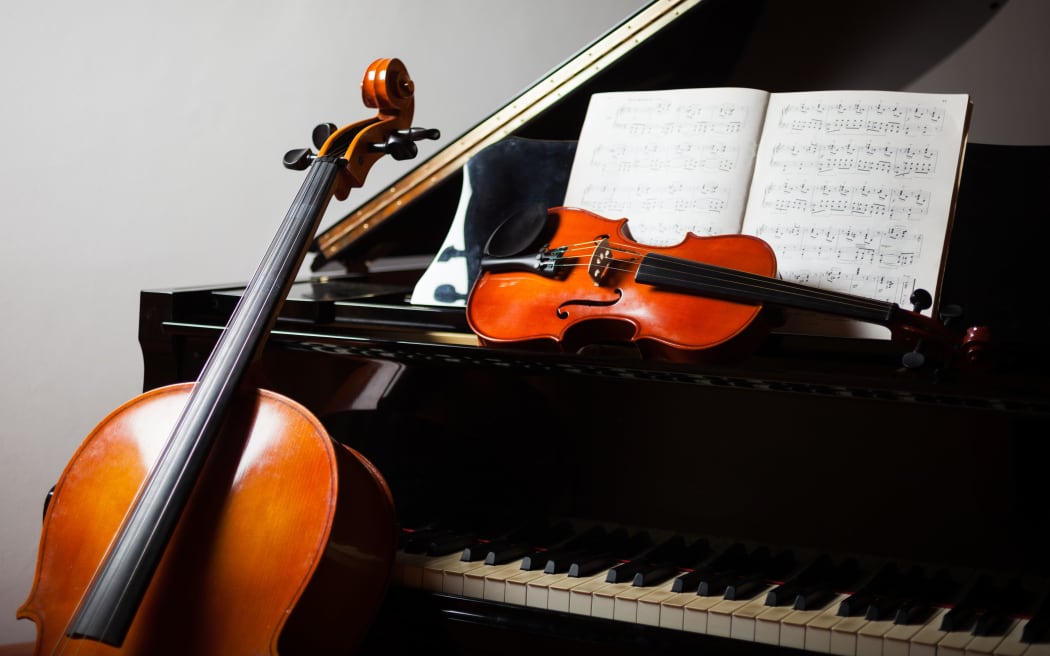
Photo: 123RF
Ed Le Brocq is a champion of music, especially classical music.
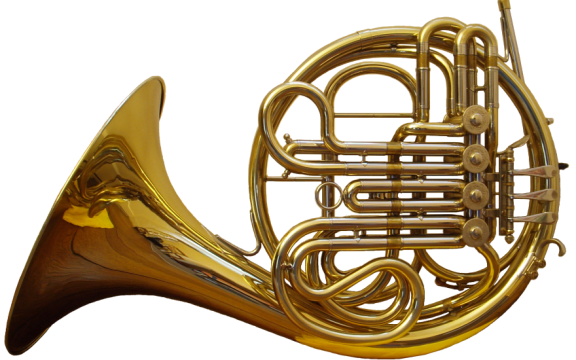
The French Horn, a bridge too far for music evangelist Ed Le Brocq. Photo: wikicommons
The ABC Classic FM host is the author of five books on music, including Whole Notes which, among other things, encourages readers to learn an instrument, no matter how late in life they take it up.
But speaking to RNZ Concert host Bryan Crump, Le Brocq has an admission to make: the French horn, which he began learning as part of the narrative of Whole Notes, has gone back in its case.
"I just don't have the time. It's so demanding, physically demanding, that if you don't play it every day for a least an hour, your muscles simply don't stay healthy."
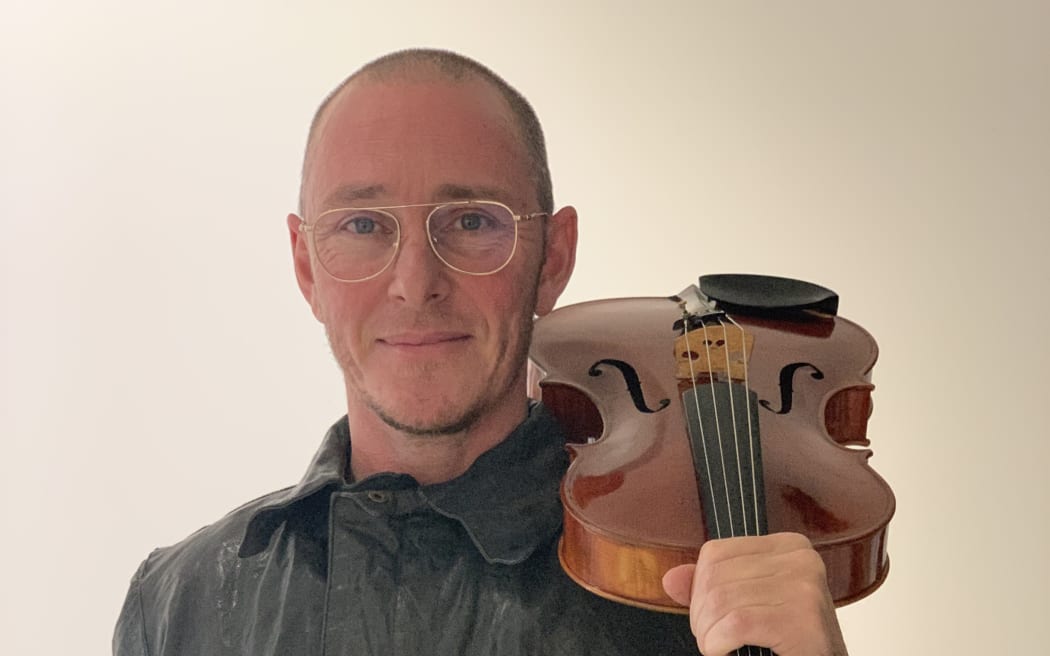
Broadcaster and author Ed Le Brocq Photo: Supplied
To be fair, Le Brocq is already proficient on the violin, viola and cello, so it's not as if he's thrown in the towel on music making altogether, but his French horn experience does prompt Crump to ask (given how busy the average adult is) what's the point of trying to learn?
For Le Brocq, it's all about community. The purpose of learning an instrument is to make music, and to make music people need to play with other musicians.
"If you think about that terrible 21st century thing which is social isolation, especially after Covid... music is a way to help to just completely negate that because I don't think you're really alone when you're playing an instrument."
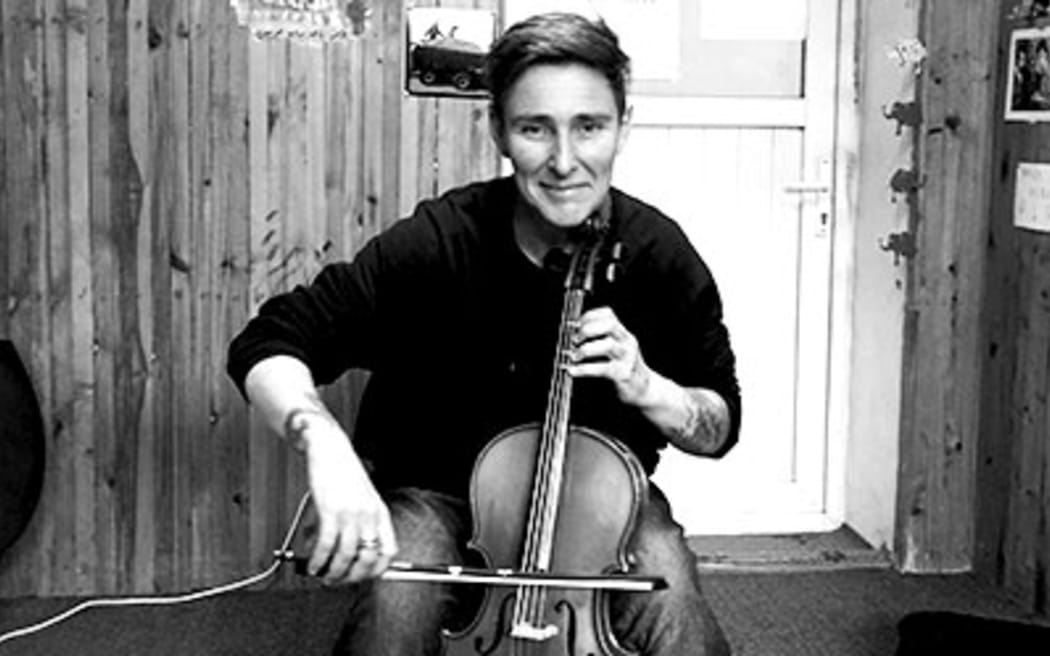
A younger Ed with a half-size cello. Photo: Supplied
Le Brocq cites the example of the Bardon Strings Ensemble based in his home town of Brisbane. It's a group set up by violinist Anne Keenan for adult beginners and returning players.
"It's that act of making music together... the community of making music and that support that we give each other."
But why music? Can't sport do the same thing? Or any community activity?
Le Brocq believes music takes a person deeper.
In his book Whole Notes he argues it was music which gave him the courage and strength to become his authentic self - to transition from being a woman (Emma) to the man he is now.
And it doesn't matter how good a player becomes (music, he says, is inherently imperfect) or the kind of music a person makes. Not into classical? Try the guitar and join a band. Le Brocq believes music expresses what lies beyond the capability of words or even other art forms.
A listener, Stuart, texts to ask Le Brocq what he should do with the classical guitar his wife gave him as a present: should he learn online? Face to face?
Le Brocq suggests the latter, at least to begin with.
"I would recommend some solid lessons to get you started, and get you on the way to reading music... Initially once a week, then once a fortnight, which is a good amount with adults".
His other piece of advice is to get comfortable as a learner with the sound you're making, right from the beginning.
"What we need to do is find tiny steps... within a year it's remarkable what you've learned."
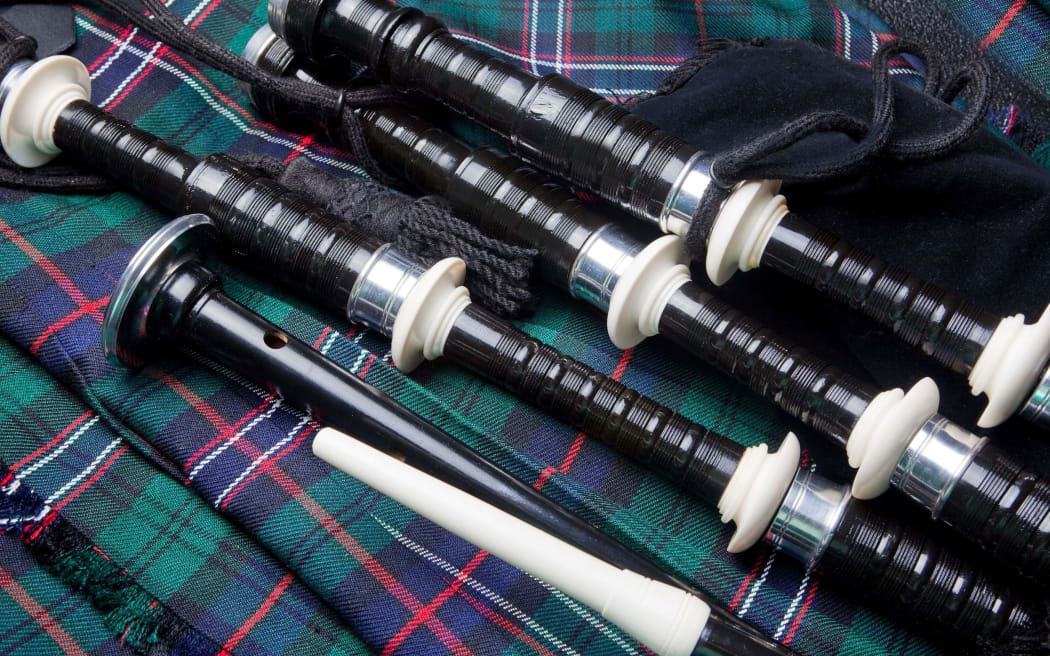
Ed says if you love the sound of this, learn it! Photo: 123RF
And for those who want to try and don't even have an instrument yet, what should they choose?
"Any instrument that you love the sound of... it's really, really important to love a sound, or be curious about how that sound is made and want to join that world."
Even if it's the bagpipes - but you might like to warn your housemates and neighbours first!

